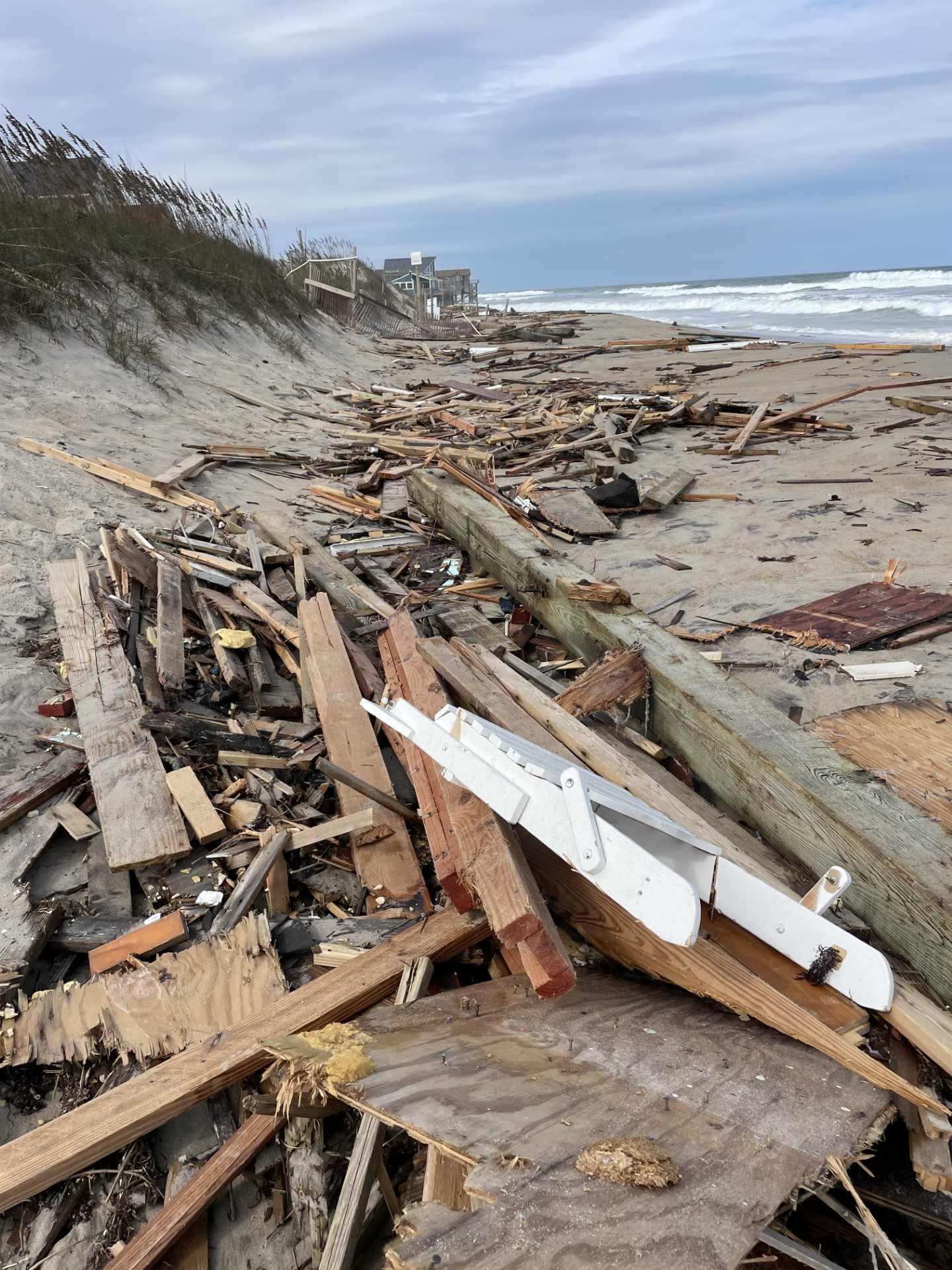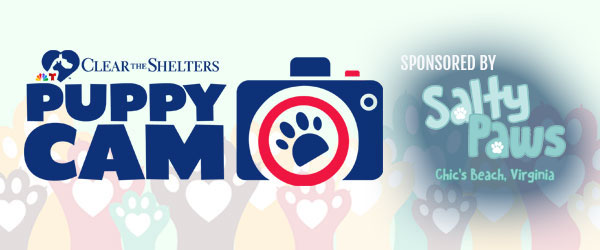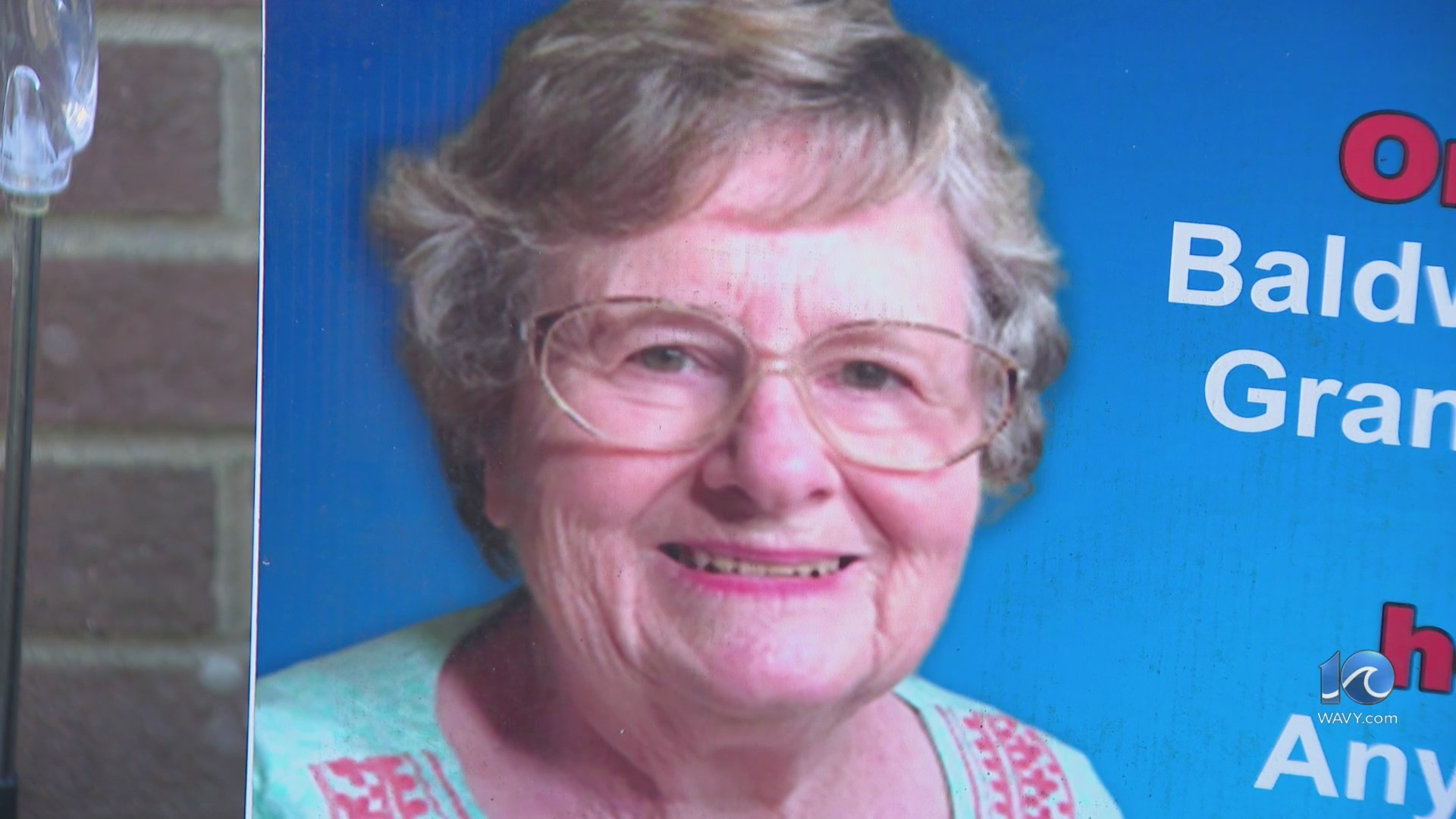On Jan. 7, 2025, thousands of people in Altadena and Pacific Palisades, California, were displaced from their homes — and so were their pets.
Over the course of 24 days, fires ravaged houses and businesses, forever changing the lives of the tight-knit communities.
At the forefront of the chaos was Pasadena Humane shelter, helping families who had nowhere to take their beloved pets, as well as caring for injured animals found amid the devastation.
This month, NBC’s Clear the Shelters program has teamed up with Pasadena Humane, as well as actor Josh Hutcherson and Hill’s Pet Nutrition, to promote pet adoption and support for shelters nationwide.
As many shelters across the country reach capacity, Pasadena Humane continues to take in strays and care for animals still affected by the Eaton Fire.
A support system in time of need
“Like most of Southern California, we’re still dealing with the impacts of the fires. During the Eaton Fire, we took in nearly 700 animals. Thankfully, a lot of them have gone back with their families,” Kevin McManus, PR and communications manager at Pasadena Humane, tells TODAY.com.
“But we still have nearly 50 animals that we’re boarding for people who have lost their homes — at no charge to them, of course.”
During a season where the shelter is “exceptionally busy,” Pasadena Humane is hoping more people will adopt and foster animals.
When the fires broke out, McManus recalls having about 90 dogs at the facility. They have about 150 kennels and were thankful when friends from other shelters reached out to take in some animals.
“We were able to transfer out, within the first three days, every animal that was here on site, which allowed us to focus all of our resources on the animals coming in who are affected by the fire and provide them with the care that they desperately needed,” he says.

A month after the fires, Pasadena Humane reported sheltering 1,116 companion animals, 563 emergency boardings and helping 86 wildlife animals that consisted of 45 species. While many have been reunited with their families, some pets have not and strays continue to come in weekly.
Many families had to surrender their pets, mostly dogs, because of housing issues. McManus notes, “It’s really hard to not go by one of those dogs’ kennels and just think, ‘Six months ago, you had a home.’”
Among the dogs that were rescued from the LA wildfires is Lula, a Dutch Shepherd mix who was found as a stray and is currently still at their facility.
When TODAY.com visited Pasadena Humane, two pets — Catnip the cat and Pita Bread the dog — were also available for adoption. Hutcherson spent some time with Pita Bread, whose name is a nod to his “Hunger Games” character Peeta Mellark, while Catnip is in reference to Jennifer Lawrence’s Katniss Everdeen.
Once adopted, both animals would be going home with a three-month supply of Hill’s Science Diet pet food. At the time of publication, Catnip was adopted and no longer on the shelter’s website, but Pita Bread is still up for adoption.
The actor is an advocate for adoption, rescuing his two dogs, Manchi and Driver, from shelters.
“For me, it was just about going and spending time at a shelter and getting to meet a few, you’re gonna see what you connect with,” Hutcherson tells TODAY.com, sharing how he instantly connected with Manchi. “When I met him, he was the runt of the litter. He was really weird and introverted kind of guy, like a super special boy. And I just connected with him right away.”
He adds that while there is “an overwhelming factor going into becoming a dog parent,” he put more pressure on himself to be perfect. “And no one’s perfect… we’re learning together.”
The support Pasadena Humane needs the most
Six months after the fires, the best way to help Pasadena Humane and shelters nationwide is to adopt.
“The more permanent homes we can get for our animals, the better,” McManus says. “We’re still taking in animals from the community. So in order to make a real dent in our population, we need people to adopt.”
And if adoption isn’t an option for some, fostering is “exceptionally helpful right now.” Tight kennel spaces, he says, make for stressful conditions for animals and some animals do better in a home.
McManus notes that fostering helps the shelters get more information on the animals’ behavior for their forever homes.
“So we (can) know if the dog is house trained, if they have a favorite toy, if the cat likes a particular kind of scratch, or all those kinds of things,” he explains. “The information that we gather from our foster families help us to get those really great homes when the animal is ready for that next step.”
Of course there are major adoption barriers, including the price tag of pet ownership. According to the 2025 Hill’s State of Shelter Pet Adoption Report, 32% of Americans cite the initial cost of pet adoption as a concern.
More than 60% of Americans report that the cost of veterinary care directly impacts their decision to adopt a pet.
While awareness of fostering is growing, the report notes that the biggest fears are “misunderstanding current expenses and fearing the long-term financial commitment of a ‘foster fail.’”
However, what many people might not know is that the shelter helps every step of the way with resources to lift the burden. Fosters can also decide how long they want to participate in program.
“The great thing about our foster program is that, first of all, there’s 24-hour support for people. You wake up in the middle of the night and you know your kitten is not looking so good. You can text that number, call that number, and have those instant answers,” McManus says. “We provide all of the care, all of the food, all of the veterinary care that an animal in our foster program would require, because they still are our animals, so we’re very much responsible for them.”
He stresses, “We don’t want anyone to feel like they’re not getting that support. But for the animal, it’s just a huge lift to get away from the shelter and relieve some of that stress.”
Additionally, volunteering at a local shelter is always appreciated and, of course, donations are extremely welcome and can target specific medical needs.
“Cash donations do allow us to specifically target whatever we need at the moment. That was super helpful during the fire, because we needed a lot of medical equipment that we didn’t have and a lot of housing,” McManus says.
A helping community and a heart filled with gratitude

McManus says Pasadena Humane went through “the most difficult time in our history” during the fires in January.
“In our 120-plus year history, we’ve never had to respond to an emergency like that. Our hearts go out to all the people in Altadena and Pasadena who lost their homes. Those are our neighbors, some of our staff members lost family homes,” he shares. “So to get to the other end, I feel like we’re still in it.”
“The fire was six months ago, but so many people don’t have a home to return to. That’s why we’re caring for 50-plus animals,” he adds.
An emotional story McManus loves to share is the abundance and overwhelming support the shelter received following the fires.
“It brings tears to my eyes,” he says, as he recalls coming into work days after the fires broke out and lines of cars at the shelter. The shelter had been sharing updates on their social media and “at the very last paragraph, as an afterthought,” he says, they asked people for supplies that would help them.

“That line of cars was actually people waiting to bring us goods,” McManus. “I think it just speaks to the animal-loving community that we have in Southern California. It brought me so much joy.”
With the community’s continued help — plus Hill’s Pet Nutrition supplying food and NBC’s Clear the Shelters raising awareness — the support has meant everything to Pasadena Humane.
“I think we, as an organization, are stronger for the experience,” McManus says. “We were tested by fire, literally, and we came out stronger because we have a great team here of compassionate, caring, hard-working individuals who, when the chips were down, rallied together.”
This story first appeared on TODAY.com. More from TODAY:
- Groom Dances with Dog for ‘Father-Dogter’ Dance During Wedding Reception
- Pittsburgh TSA Dog, Steeler, Is Named Agency’s Cutest Canine
- Colorado Humane Society Categorizes Its Cats as ‘Sex and the City’ Characters With Hilarious Results
















